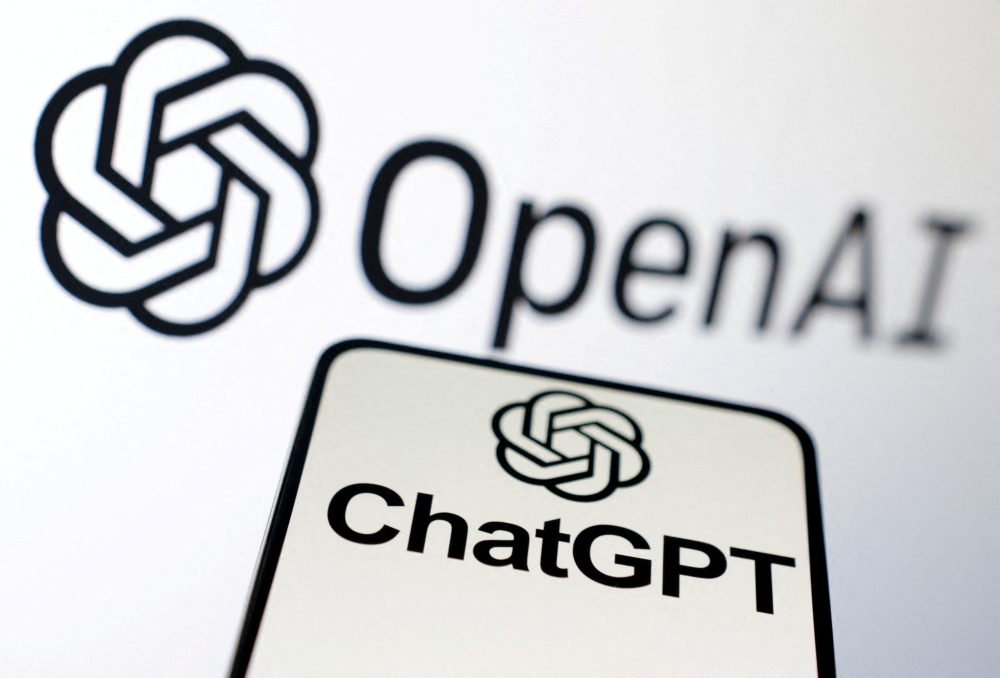In the rapidly evolving world of artificial intelligence, OpenAI has once again pushed the boundaries with its latest innovation: ChatGPT Prompt Frameworks. This new feature allows users to invoke GPTs (third-party apps powered by OpenAI’s AI models) directly within their ChatGPT conversations, offering enhanced functionality and customization. This development is set to revolutionize how users interact with AI, making conversations more dynamic and context-aware.
OpenAI’s ChatGPT has already made significant strides in the AI industry, providing users with an advanced conversational AI chatbot capable of generating human-like text, translating languages, and even assisting with creative content creation. With the introduction of ChatGPT Prompt Frameworks, users can now integrate third-party AI applications into their conversations, opening up a world of possibilities for developers and end-users alike.

Integration of Third-Party GPTs
The unique selling proposition of ChatGPT Prompt Frameworks lies in its ability to seamlessly integrate third-party AI applications into ChatGPT conversations. This feature allows users to add relevant GPTs with the full context of the conversation, enhancing the chatbot’s functionality and providing a more personalized experience. Whether it’s for education, design, or productivity, the integration of third-party GPTs can cater to various use cases, making ChatGPT a versatile tool for different industries.
For instance, educational institutions can leverage GPTs developed by Khan Academy to provide students with interactive learning experiences. Similarly, designers can use GPTs from Canva to get design suggestions and tips directly within their ChatGPT conversations. This level of customization and functionality is unprecedented, making ChatGPT an indispensable tool for both personal and professional use.
Market Trends and Adoption
The introduction of ChatGPT Prompt Frameworks aligns with the growing trend of increasing adoption and integration of AI into various applications and platforms. As more businesses and developers recognize the potential of AI-powered applications, the demand for tools like ChatGPT is expected to rise. According to market trends, there is a positive sentiment towards the integration of AI in consumer and enterprise applications, with a particular focus on large language models (LLMs) like ChatGPT.
Despite the positive market trends, it’s worth noting that custom GPTs currently comprise only about 2.7% of ChatGPT’s worldwide web traffic. Moreover, custom GPT traffic has been declining month over month since November. This indicates that while the potential for third-party GPTs is significant, there is still a long way to go in terms of widespread adoption and usage.
Ethical Considerations and Challenges
As with any technological advancement, the integration of third-party GPTs into ChatGPT conversations comes with its own set of ethical considerations and challenges. One of the primary concerns is the moderation of content generated by GPTs. Ensuring that the content is appropriate and not misleading is crucial to maintaining the integrity and reliability of the platform.
OpenAI has implemented several safety mitigations to address these concerns. For instance, the signed-out experience of ChatGPT benefits from existing safety measures that refuse to generate harmful content. Additionally, OpenAI is continuously working on implementing additional safeguards to address other forms of inappropriate content. However, the challenge of moderating third-party GPTs remains, and it will be essential for OpenAI to collaborate with developers to ensure that the content generated by these GPTs adheres to ethical guidelines.
Future Prospects and Potential Disruption
The potential disruption that ChatGPT Prompt Frameworks can bring to various industries is immense. By allowing users to integrate AI into their workflows seamlessly, ChatGPT can change how tasks are performed and improve efficiency across different sectors. For example, in customer service, AI-powered chatbots can handle routine queries, freeing up human agents to focus on more complex issues. In content creation, AI can assist writers by generating ideas and providing real-time feedback, enhancing the overall quality of the content.
Moreover, the ability to remember past conversations and user preferences for more personalized interactions further enhances the user experience. As users continue to interact with ChatGPT, the AI’s memory capabilities will improve, providing more relevant and context-aware responses. This level of personalization can significantly impact industries that rely on customer interactions, such as retail and hospitality.
In conclusion, ChatGPT Prompt Frameworks represent a significant step forward in the integration of AI into everyday applications. By allowing users to invoke third-party GPTs directly within their conversations, OpenAI has opened up new possibilities for customization and functionality. While there are challenges to address, particularly in terms of content moderation and ethical considerations, the potential benefits of this innovation are immense. As AI continues to evolve, tools like ChatGPT will play a crucial role in shaping the future of human-AI interactions.
Ready to Transform Your Hotel Experience? Schedule a free demo today
Explore Textify’s AI membership
Explore latest trends with NewsGenie
